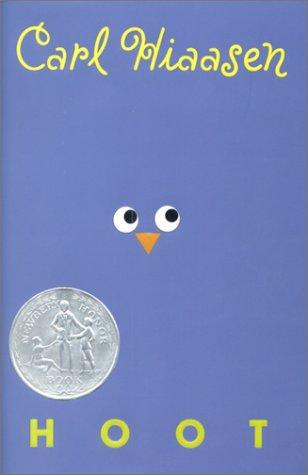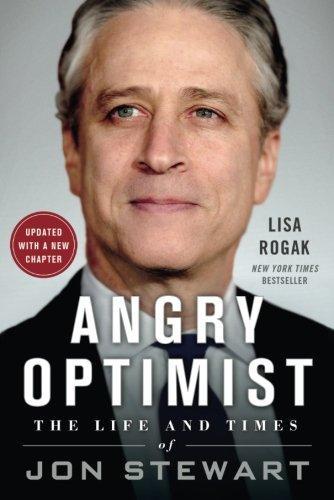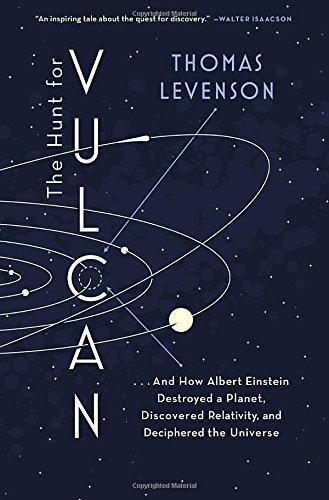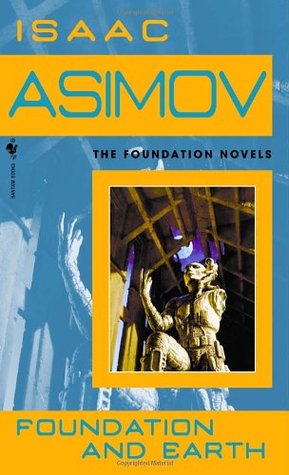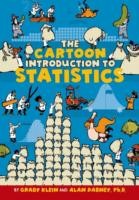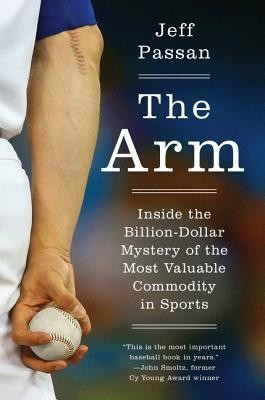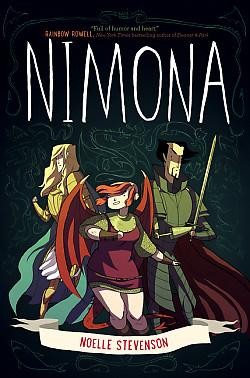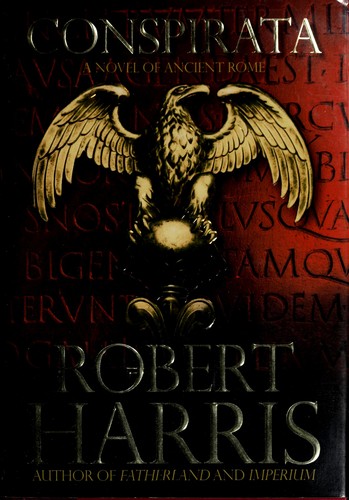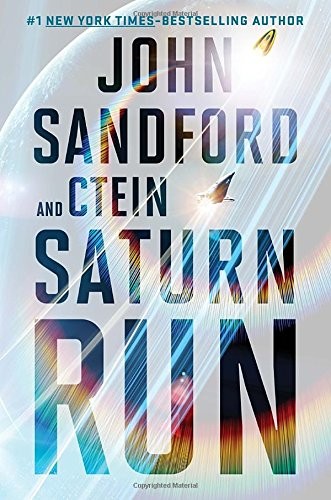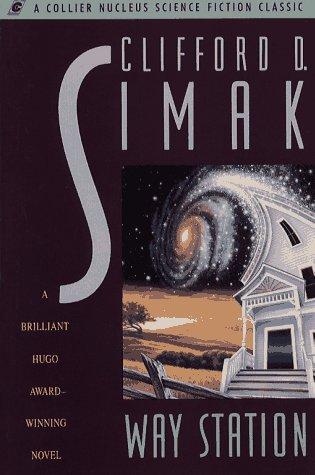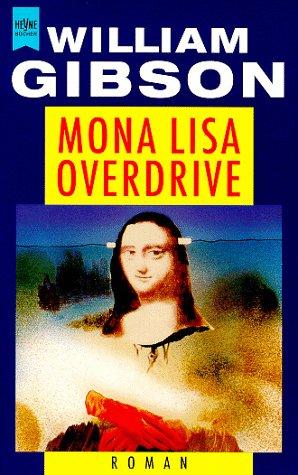Thom reviewed Hoot by Carl Hiaasen
Review of 'Hoot' on 'Goodreads'
4 stars
Read this one with my daughter with many breaks (and a library fine) in the middle. This book deserved better than that, so here is my brief recommendation. Go read it!
Middle school topic and guessable plot are the only downsides. Main characters are marvelous, bit parts are wonderful caricatures. Can't go wrong with a kid called "Mullet Fingers"! Beneath the simple plot is a strong message for the environment and some cute owls - understandable as the author is a Florida resident and strong advocate for the Everglades.
I have read that the evisceration of certain characters here (the developer, the corrupt politician) is typical for this author. Having never read Carl Hiaasen before this, I look forward to trying out some more of his work.

